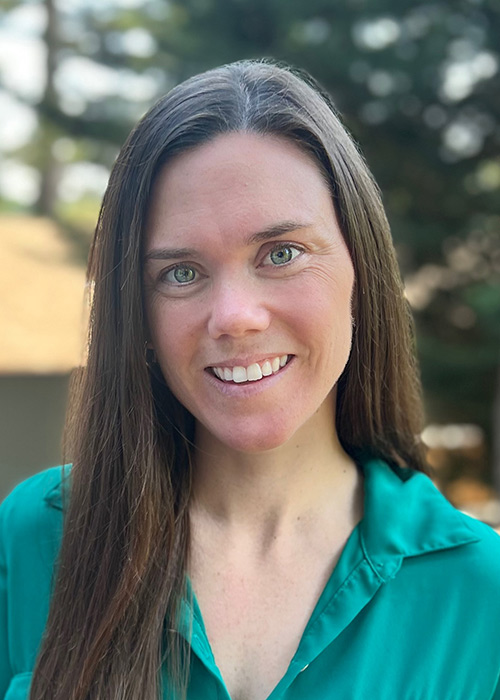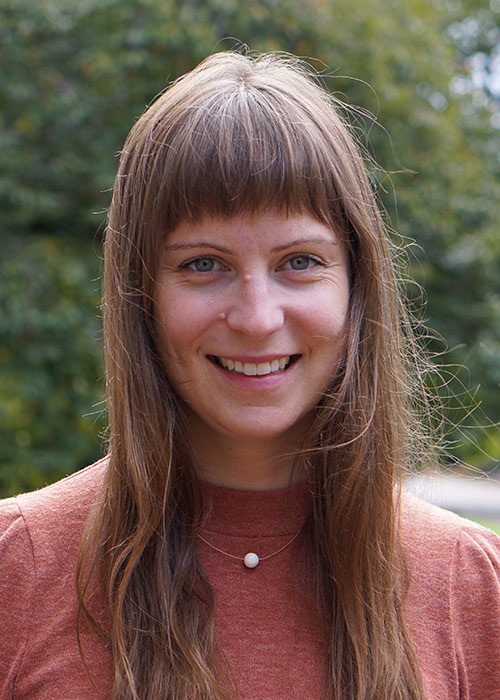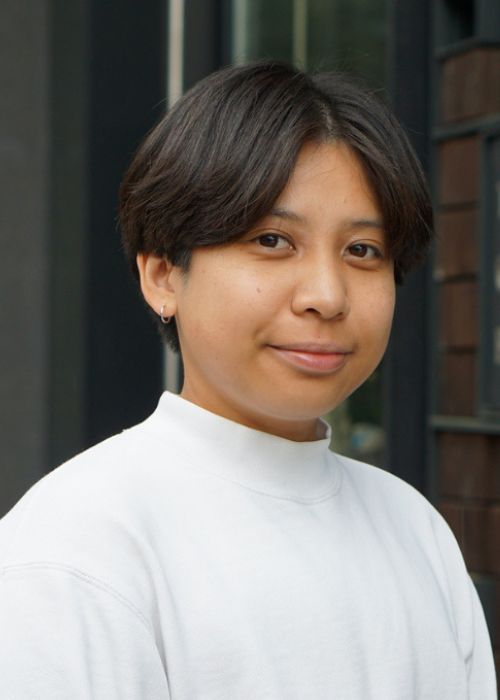Graduate Study
MPH Fieldwork
Master of Public Health (MPH) – Public Health Nutrition students are required to complete a 1-credit (40-hour) fieldwork project as part of the degree program. Fieldwork is a planned, supervised, and evaluated field-based experience under the guidance of a site supervisor within a public health organization, and offers students the opportunity to explore an area of public health nutrition practice. Visit the Food Systems, Nutrition, and Health Program (FSNH) Student Projects page to view past fieldwork projects.
Project Steps and Timeline
- Autumn quarter, year one: MPH – Public Health Nutrition students (“students”) attend the annual FSNH Fieldwork Session.
- Following spring quarter, year one: Students may begin fieldwork after completing the first year of coursework. Fieldwork is completed over the course of a single academic quarter (often during the summer following year one).
- Students should arrange a meeting with the fieldwork faculty adviser (“fieldwork adviser”) at least five weeks before the intended fieldwork start date to discuss interest areas and plan for contacting potential site supervisors.
- After the fieldwork adviser and site supervisor have agreed to the placement, students complete the FSNH MPH Fieldwork Agreement describing the project, setting the timeline, and outlining the final deliverable(s).
- Students share a draft agreement with the fieldwork adviser and site supervisor, collecting all signatures after any edits are made.
- Students email the signed agreement to FSNH Student and Academic Services (SAS) at gradnutr@uw.edu; upon receipt, SAS will register students for 1 credit of NUTR 532.
- After completing the fieldwork experience and submitting the deliverables to the site supervisor as planned, students ask their site supervisor to complete the FSNH MPH Fieldwork Evaluation and schedule a time to discuss the experience/evaluation. The student then emails the signed evaluation to the fieldwork adviser.
- Before the end of the fieldwork quarter, students complete and submit to the fieldwork faculty adviser a project summary report including:
- A log of activities with dates, hours spent, and objectives completed.
- An overview of agency information, addressing the following:
- How does the organization fit within the overall mission of public health and where does your project fit within it?
- Describe the public health needs of the population served (Who is being served? What are the public health needs of this group?). If applicable, comment on the historical and contemporary inequities, such as those associated with race, ethnicity, class, sex and gender, sexual orientation, nationality, ability, religion, creed, age, or socioeconomic status. Comment on topics such as power, inequality, marginality, and social movements, if applicable.
- Any deliverable(s) developed with a list of citations.
- A reflection on the experience and its application to your future practice in public health nutrition. What are the agency’s challenges and successes? What might you have done differently if you were to complete this project again? What might you do if you had more time in this setting? Are there opportunities for other students to work with this organization? Would you recommend this experience to other students? How can you apply what you learned to your future practice of public health?
- Students send their fieldwork title and a short description of their experience/project to gradnutr@uw.edu for posting on the FSNH Student Projects page.
- Autumn quarter, year two: Students present their fieldwork experience at the FSNH Fieldwork Session.
International Students
- Before beginning the practicum, students with an F-1 visa must work with UW International Student Services (ISS) to apply for Curricular Practical Training (CPT), which serves as authorization for practical academic training related to the program of study.
- Students with a J-1 or J-2 visa must meet with their program sponsor prior to beginning practical academic training.
Contacts
FSNH MPH Practicum Faculty Adviser
Anne Lund, MPH, RDN, FAND
FSNH MPH Program Director
Director, Graduate Coordinated Program in Dietetics
FSNH Student and Academic Services
305 Raitt Hall
gradnutr@uw.edu


